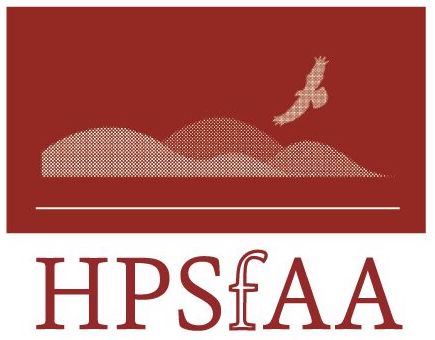  
 
The High Plains Society for Applied Anthropology |
|
Decolonizing Higher Education: The Hard Work of Genuine Collaboration
Benjamin Jewel, Bethany Mizushima, Kathleen Pickering, Jane Ridgway, and Walter Little Moon
Higher education assumes a pedagogy in which academics transfer specialized and exclusive knowledge down to students and community members serving as “research subjects.” This colonially based model of higher education has been severely critiqued and substantially revised by applied anthropologists committed to a collaborative model of co-equal knowledge acquisition and exchange between academics and culturally distinct communities. This paper addresses some of the challenges in implementing a genuine collaborative model from the perspective of academics, students, and community members, in the context of research conducted on the Pine Ridge Indian Reservation. By meeting these challenges, genuine collaboration will transform the academic paradigm of appropriation by integrating community participants, modeling ethical practice for students, and improving the quality and accuracy of the ultimate research results, removing the artificial seams among teaching, research, and service. [collaboration, methodology, decolonization, Pine Ridge]
The Applied Anthropologist, No. 2, Vol. 28, 2008, pp 163 - 175
Back to List of Vol. 28 Articles